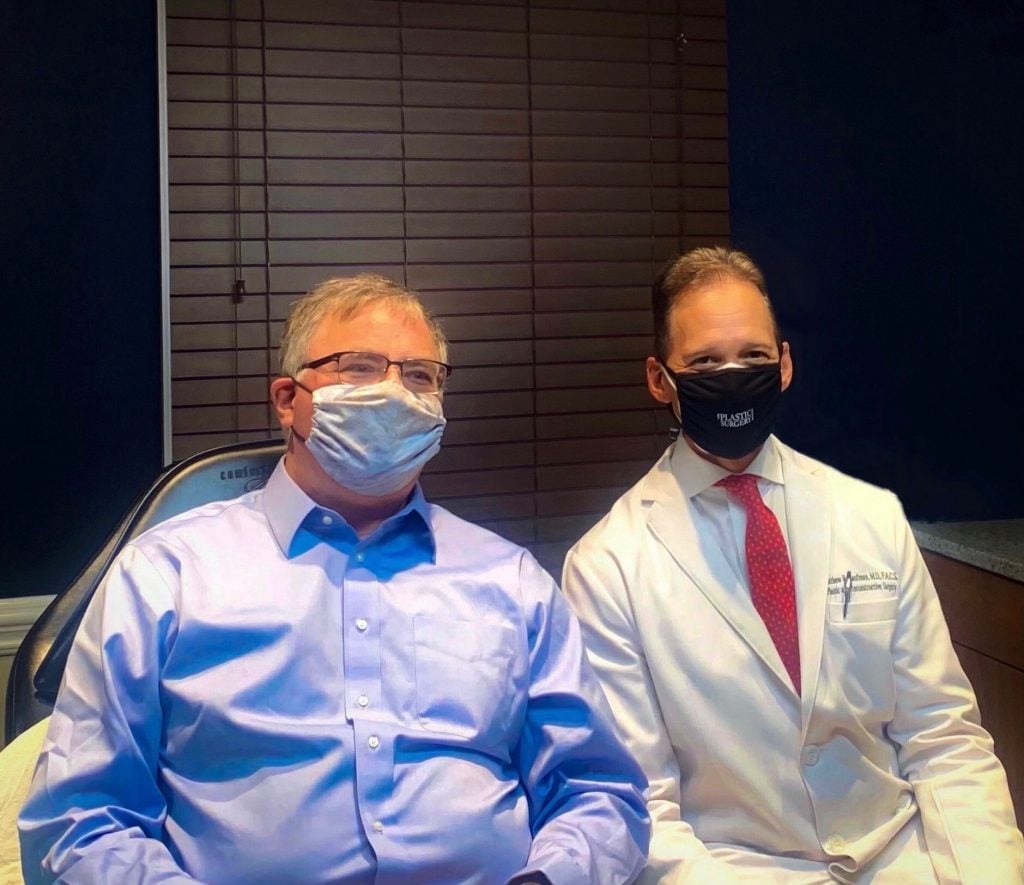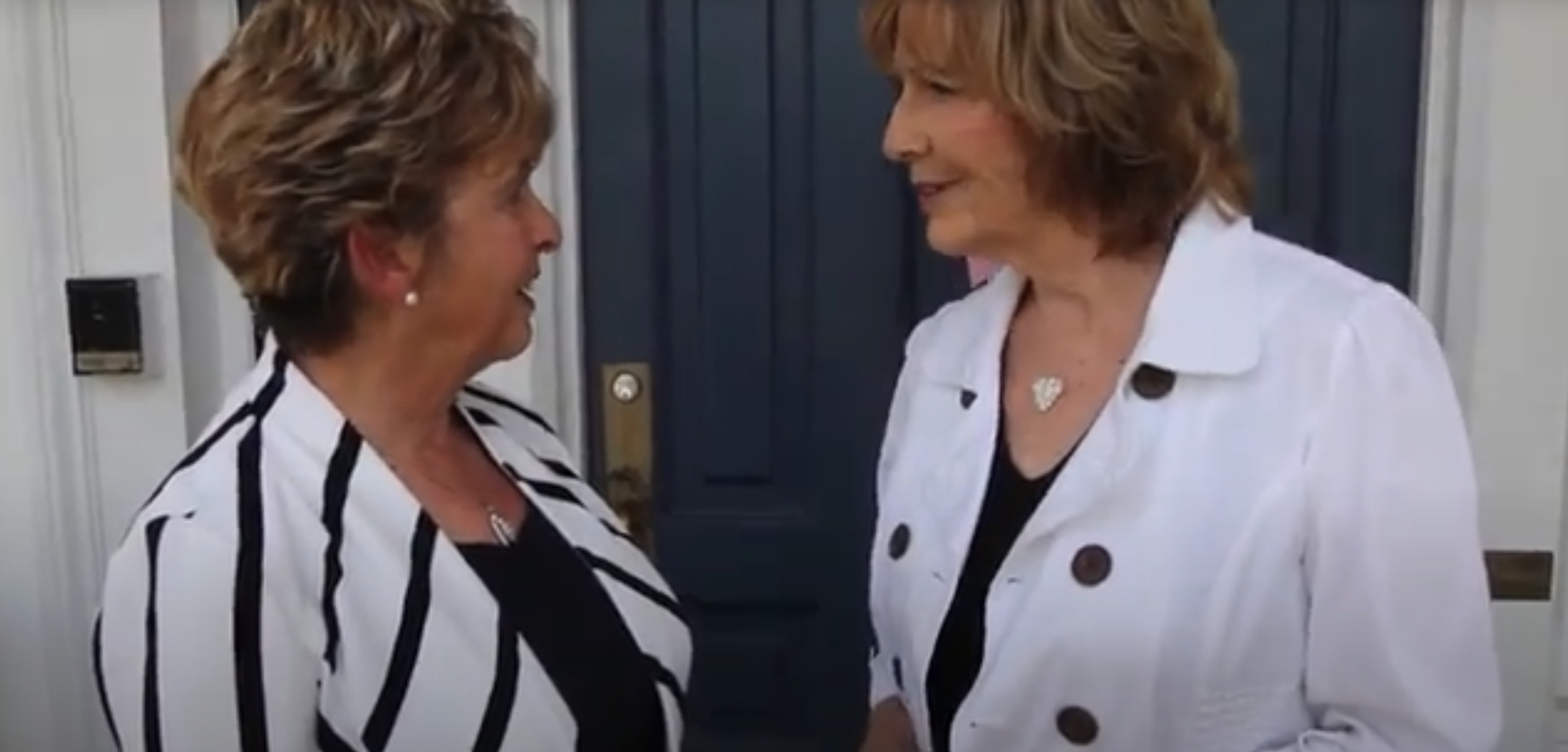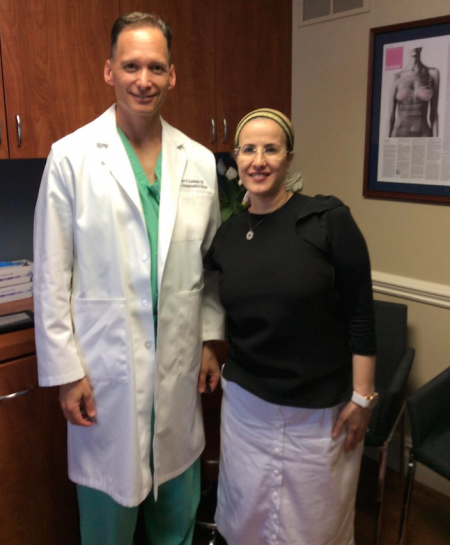Paralyzed Football Player to Undergo Phrenic Nerve Surgery with Dr. Matthew Kaufman
(Lansford, PA–March 1, 2012) Carrie Marrero, Robert Marrero’s wife, says her husband “always loved football.” And she did too. Rob was expressing that love playing in a semi-pro game in Pennsylvania when the unthinkable happened. He took a hit that would forever change his life and the life of his family.
Carrie, the mother of the couple’s two children, a boy, age 11, and a girl, age 2, explains: I was sitting in the car with the kids to avoid the rain. One of Rob’s teammates tapped on my window. “Rob is down, and he’s asking for you. He can’t feel his legs.”
Initially, Carrie, who knows her football from growing up watching the sport, says, “I thought it was just a stinger, common in football; you get hit and go numb for a few minutes. Rob had that before.” This time, she knew it was different, “I could tell by the look on his face.”
Still, she held out hope until she made it to the hospital, where Rob was in the ICU. That’s when she was told her husband had a broken neck in three places and that he was paralyzed from the neck down.
That was on May 7, 2011, and since that day, “There is nothing about life that hasn’t changed,” she summarizes.
According to the Spinal Cord Injury Information Pages, approximately 11,000 new spinal cord injuries occur each year, and 52 percent of them are considered paraplegic, like Rob. Among the 250,000 Americans with spinal cord injuries, 82 percent of them are male, and the average age of a spinal cord-injured person is 31. That’s exactly Rob Marrero’s age.
It was an event in the ICU that eventually led Carrie to find Dr. Matthew Kaufman of The Institute for Advanced Reconstruction. The medical staff was adamantly trying to get Rob to cough to keep his lungs clear. They told him if he couldn’t cough, they would have to put him on a ventilator and that if they did, “we don’t know if we can get you off.” Unfortunately, his attempts were not sufficient.
It was during rehabilitation in Philadelphia that Rob’s phrenic nerve was tested, and the results were not good. “Our hearts were broken,” says Carrie, who cried yet another river of tears. As in so many cases with Dr. Kaufman’s patients, the Marrero’s were told there was nothing that could be done.
Says Carrie, “Because I love my husband terribly and didn’t accept that diagnosis, if there was anything that could be done, I was going to find it. I researched my butt off.”
Nine months after his accident, on March 16th, Dr. Kaufman will operate on Rob's phrenic nerve at the Center for Treatment of Paralysis & Reconstructive Nerve Surgery at the Jersey Shore University Medical Center, with the goal of making him eventually breathe independently of the respirator.
The couple, from Lansford, Pennsylvania, met 13 years ago. Rob, who had grown up in foster care, and Carrie, who has only her mother living nearby, are pretty much on their own. They have gotten minimal help, but are grateful to Rob’s employer prior to the accident, Gordon Food Service in Pottsville, PA, who moved them into a new, one-floor home in only two hours.
Carrie, Rob’s full-time caretaker, was well-trained by the rehab facility and is a diligent researcher. “I wanted to learn everything I could,” she says.
But how does a parent ever learn how to make a son, who is struggling with the feeling his dad has been taken from him, understand the kind of thing that has happened to his father?





